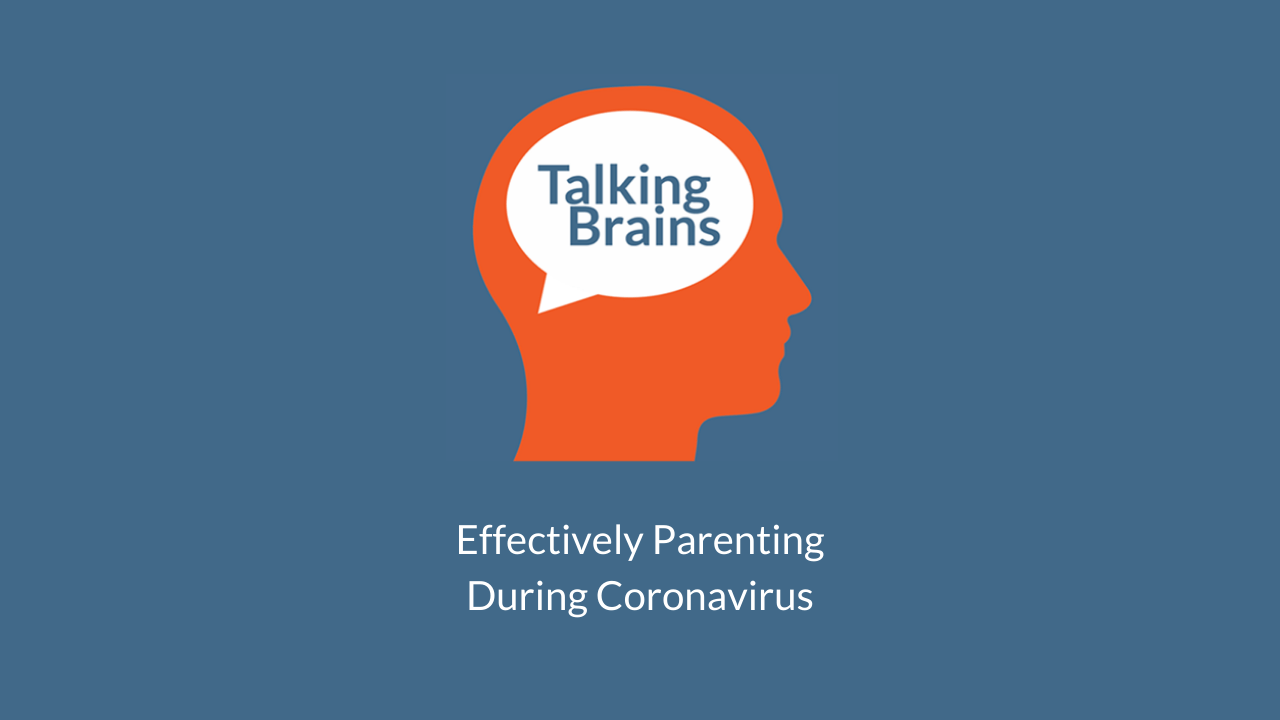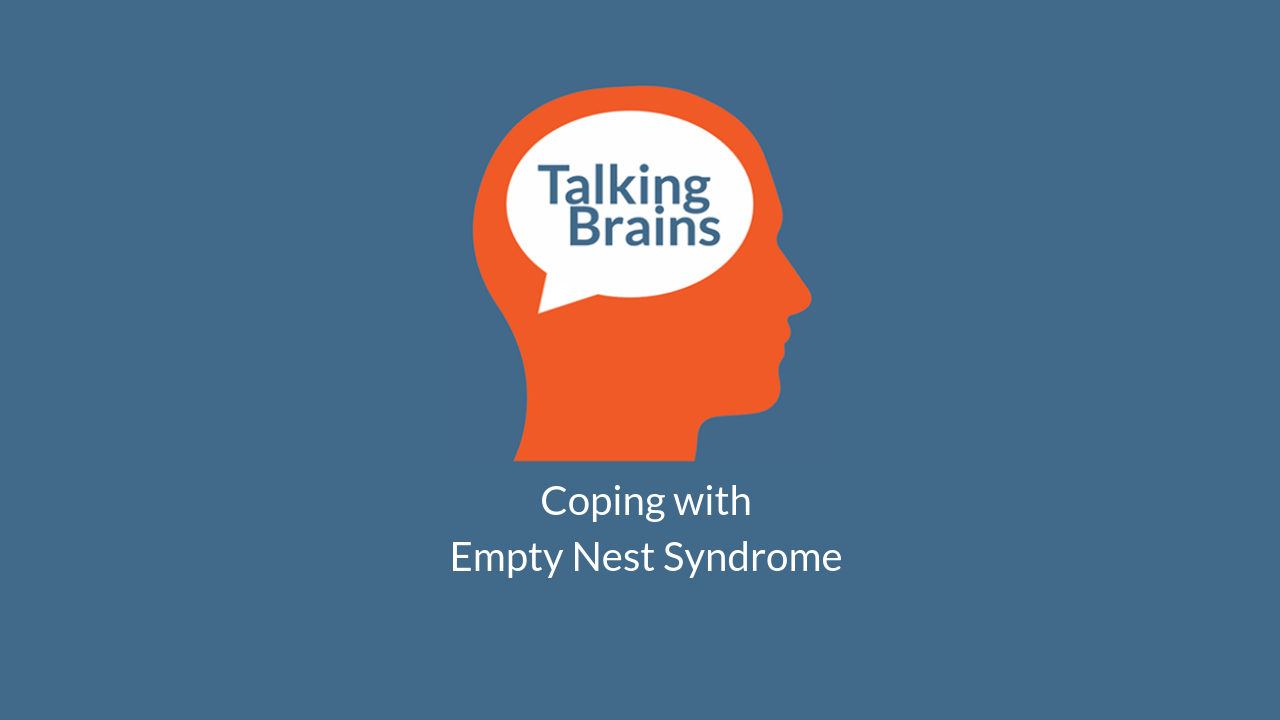Here’s a synopsis of the study, followed by my questions about it:
ScienceDaily (2011-02-02) — Researchers have conducted a study on video games and children between 11 and 16 years old. They found that girls who played video games with a parent enjoyed a number of advantages. Those girls behaved better, felt more connected to their families and had stronger mental health.
The findings come with one important caveat: The games had to be age-appropriate. If the game was rated M for mature, it weakened the statistical relationship between co-playing and family connectedness.
The study involved 287 families with an adolescent child. Mario Kart, Mario Brothers, Wii Sports, Rock Band and Guitar Hero topped the list of games played most often by girls. Call of Duty, Wii Sports and Halo ranked 1, 2 and 3 among boys.
For boys, playing with a parent was not a statistically significant factor for any of the outcomes the researchers measured (positive behavior, aggression, family connection, mental health). Yet for girls, playing with a parent accounted for as much as 20 percent of the variation on those measured outcomes.
http://www.sciencedaily.com/releases/2011/02/110201083341.htm
Note: The games had to be age-appropriate to positively impact family connectedness. Interesting that for boys, playing video games with a parent did not have a statistically significant impact, while for girls, it accounted for as much as 20% of the variation in results.
Could it be that the type of game was the difference? Is there more parent-child interaction in the girls’ favorite games than in the boys’ favorite games? Do parents generally tend to play video games more with boys (because boys are usually the ones playing video games), so the overall effect isn’t as strong?
The authors bring up a good point – it is generally dads, not moms who are playing video games with their kids. Is it the father-daughter bond that makes the real difference?




